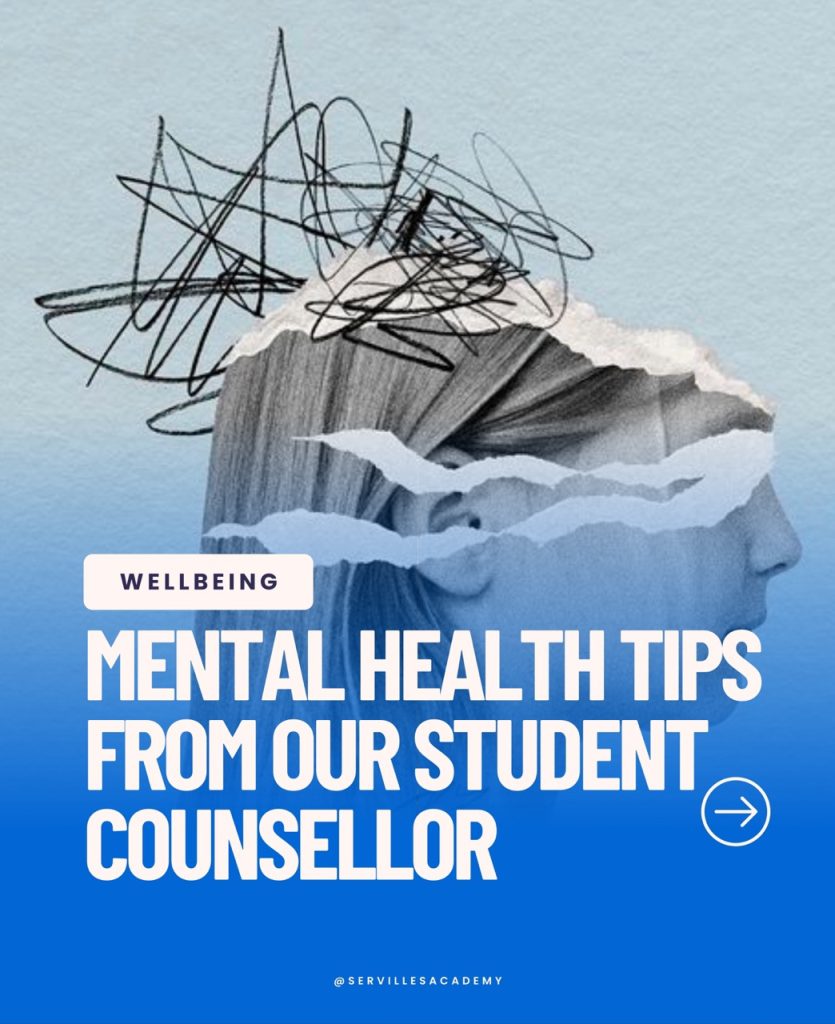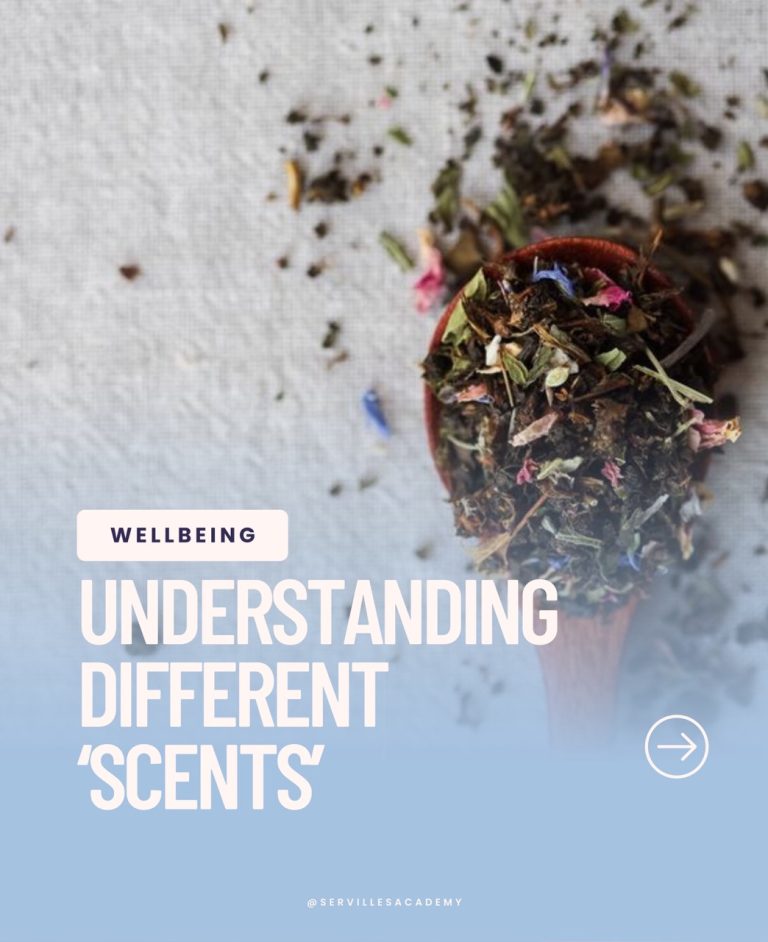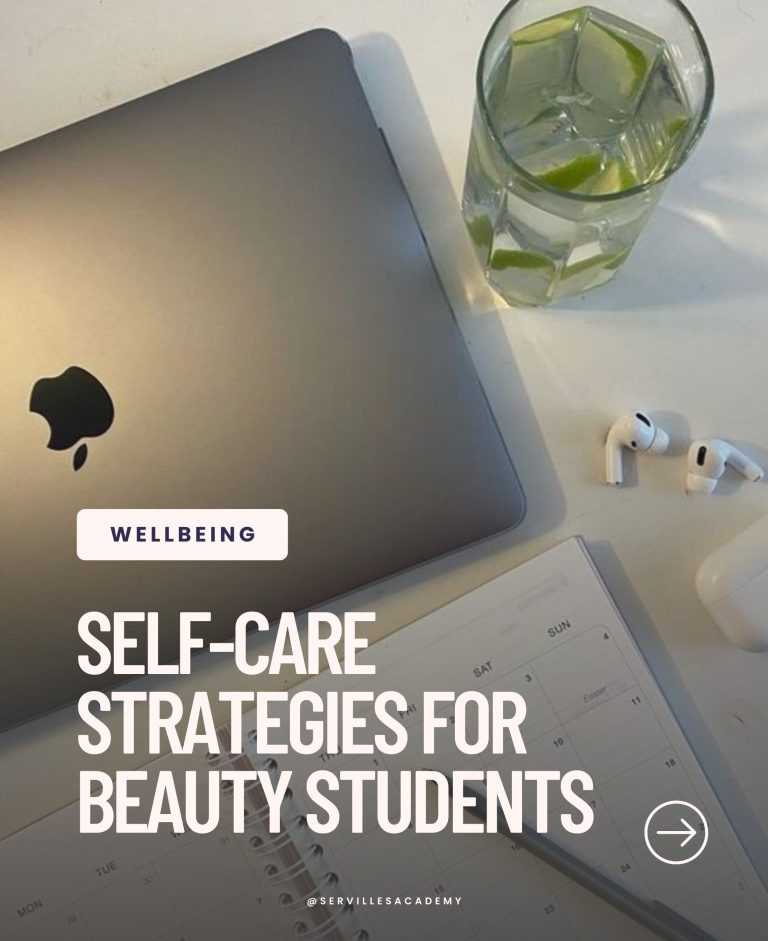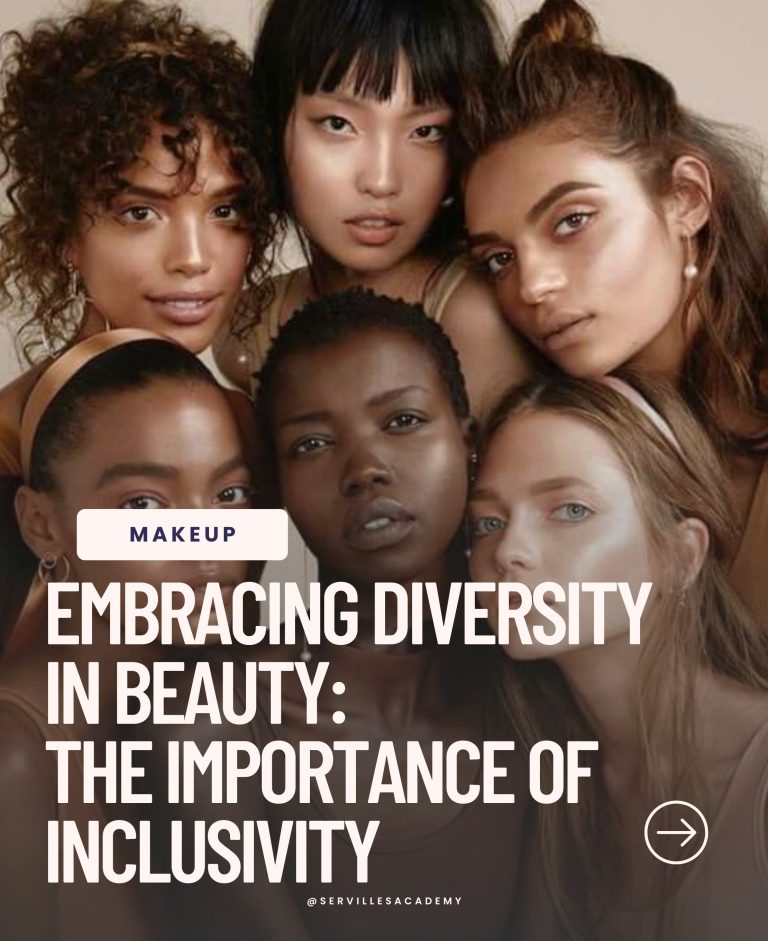Wellbeing Wednesday – Mental Health Tips From Student Counsellor, Tasaya
How would you define mental health and what does good mental health mean to you?
Mental health includes our emotional, psychological, and social well-being. It affects how we think, feel and act. It could also have a significant impact on one’s physical health over an extended period of time as well. I like to think of good mental health as not an absence of mental illness, but a healthy state of well-being that allows individuals to cope with everyday stresses in life.
What are some ways you encourage students to check in with their mental health?
There are four main areas to check on an individual’s mental health and well-being, and those are,
1. Taha Whānau – Social Well-being (friends, family, community interactions etc.)
2. Taha Tinana – Physical Health (physical activity, house chores, regular sleep, eating healthy etc.)
3. Taha Hinengaro – Mental/Emotional Health (boundaries, coping mechanisms, a strong sense of self, Intune with thoughts and feelings etc.)
4. Taha Wairua – Spiritual Health (relaxation, mindfulness, walks on the beach, anything that makes you feel grounded etc.)
Exploring these four areas of an individual’s life could be an eye-opener. They may be able to see areas where they have neglected or a change has occurred.
I cannot stress enough the importance of self-care. Our mind and body require good fuel and rest to function efficiently. Self-care doesn’t need to be difficult, but we do need to take the time to recharge. I often use the metaphor that a cell phone needs to be charged so we can use it; self-care is precisely the same. This might look different for everyone, but self-care generally recharges our batteries. This could be getting quality sleep, drinking plenty of water, getting out and about in nature, setting healthy boundaries, reading a book, catching up with friends etc.



